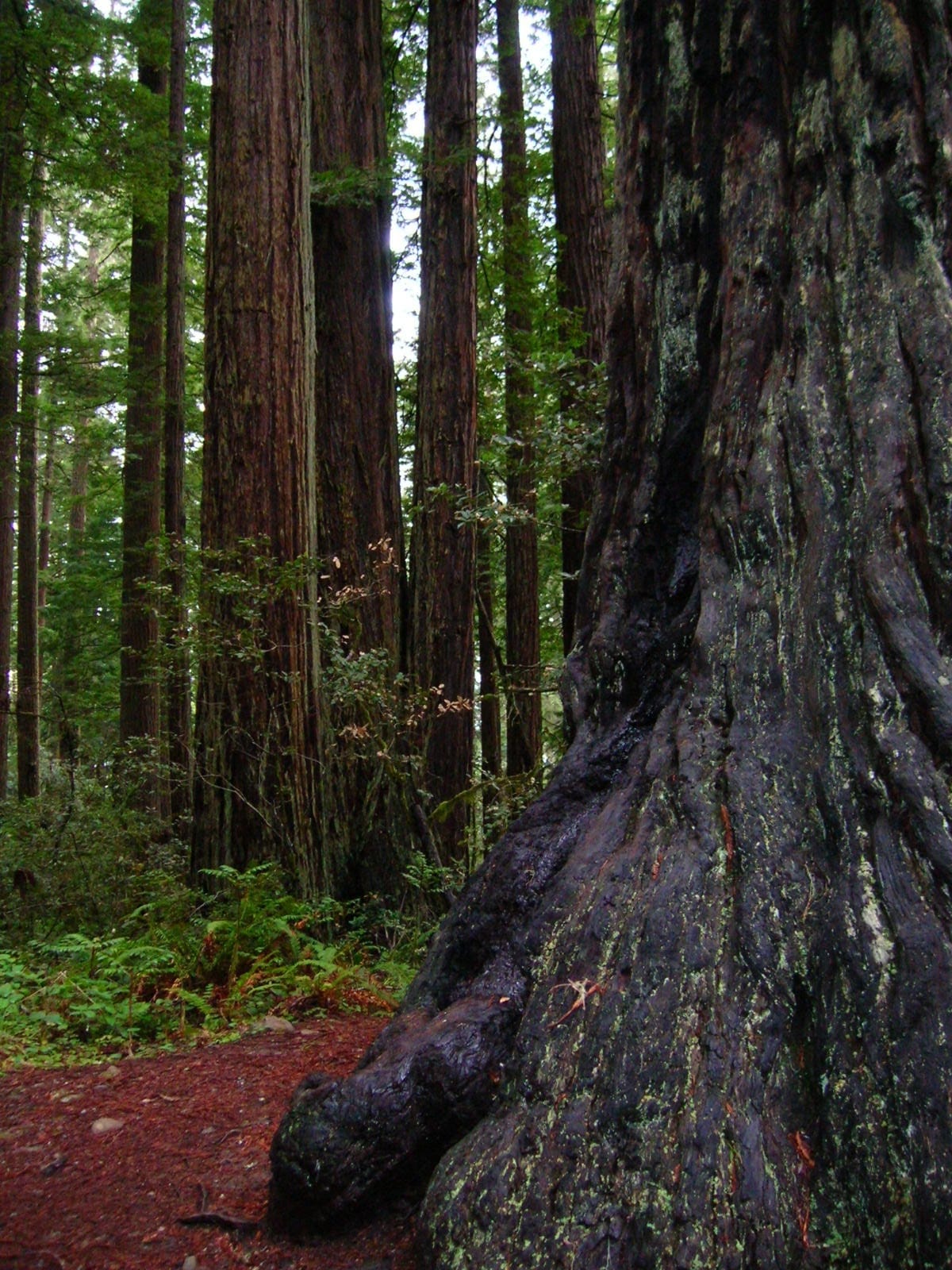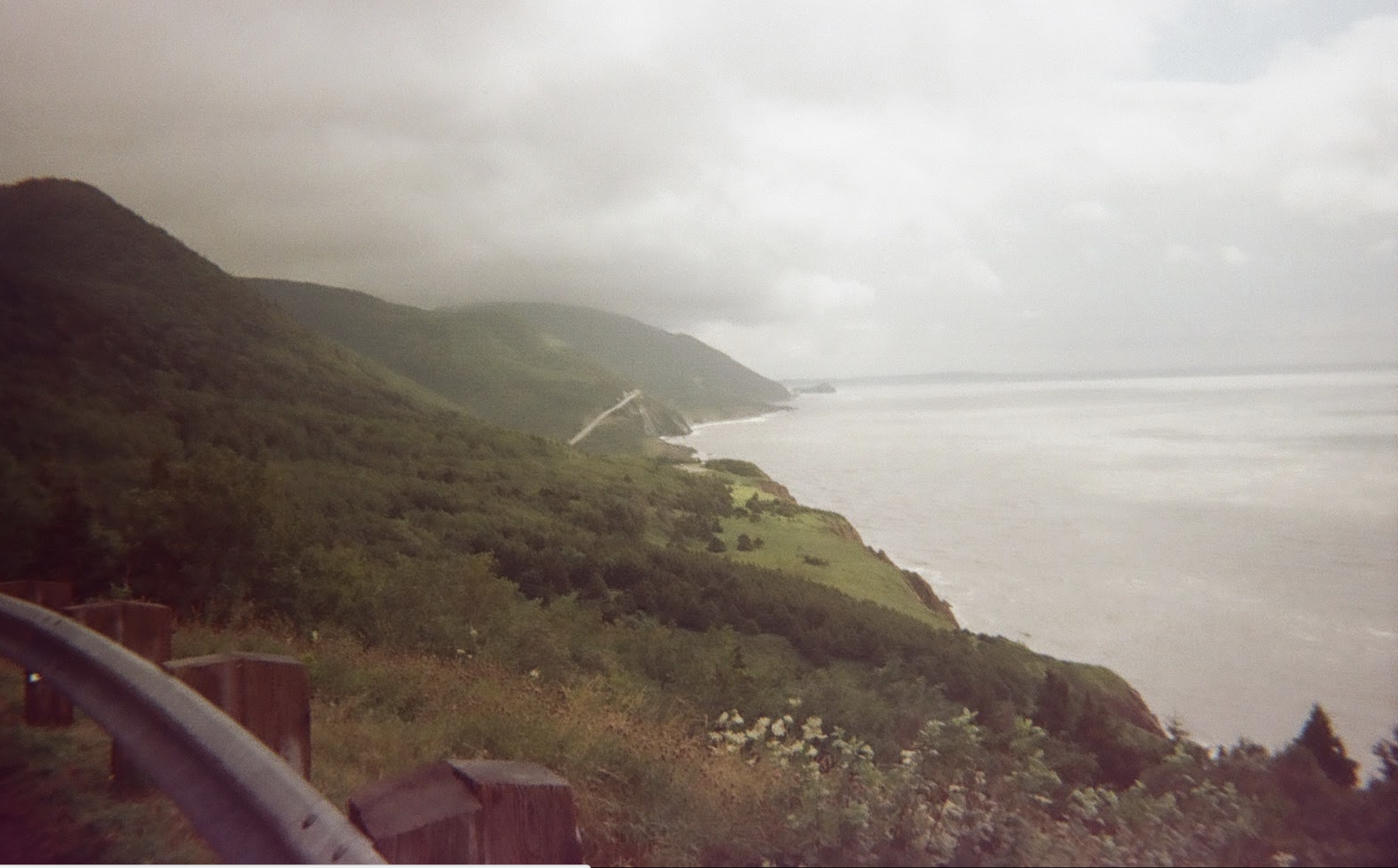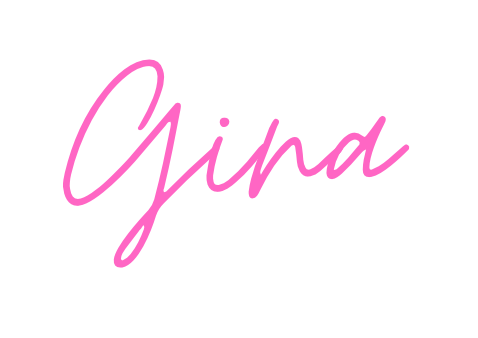A Forgotten Camera

A few months ago I found two Fujifilm cameras in the bottom of my cedar hope chest where I keep scrapbooks and late twentieth century cookie tins filled with souvenirs of adolescence - stickers, ticket stubs, mix-tapes. I couldn't remember when they were purchased, what could possibly be on the film, or how to develop them (if it was even still possible). Through some internet sleuthing I found a company where I could pay to have them developed, a process that would take at least 3-4 weeks to complete. I walked down to the mailbox to send them off and as I slid them inside and they disappeared down into the dark shoot, I felt a small tinge of excitement. I know that the pictures would likely be blurry, perhaps inappropriate (there was a guy in my high school who loved to snatch unattended disposable cameras and stick them down his pants as a "CVS Surprise"), and that after more than a decade of disregard even an endearing snapshot would be faded. Still, I was reminded of the joy of uncertainty, the joy that comes from having to wait.
I've been forcing myself to slow down these last few months in regard to my writing and it has not always been an easy path. I've always been creatively and intellectually promiscuous - I'm interested in a great many things and enjoy the fast pace of toggling among multiple projects. But this second book proposal has forced me to go slow and focus my attention on only one project at a time.
Slowing down also means considering the role that social media, both the creating and consuming aspects, will play in my future. At present, LinkedIn is my only social network; I have deleted all the others, if I ever had them at all. I still have a Facebook account that I log onto every few months to check in with certain groups, but now that my dependence on some of these groups has waned, it's now pretty much expendable. In Just Here For the Comments, I analyze VR creator and tech philosopher Jaron Laniers' 10 Reasons To Delete Your Social Media Accounts Right Now and discuss why his very logical argument is completely unsustainable for anyone except the very wealthy. We rely on social media to gratify so many aspects of our lives and where some, like the social and community components, can still be meaningfully replicated IRL (in real life), others are economically engineered to shackle us to the platform. Only the very wealthy who can outsource these economic realities (marketing, referrals, lead generation, sales) to others can truly walk away. In some ways this was precisely his point: the wealthy have a moral responsibility to stop using social media.
Thinking through his ideas as they apply to my own research on social media, and the future I want to build for myself, I am focusing on intentionality. Where I can thrive right now with only one social network, I know that I will eventually need to rebuild a presence on (an)other platform(s). As I do, I need to be very clear about my own uses of and the gratifications for social media. Where I continue to prioritize offline social interaction and direct off-platform social communication, the professional networking and economic realities of the writing life will determine how and where I build my next community. I don't feel the need to rush in and build. I'm at peace with purposefully building the online community that reflects the world I want to live in.
To that end, I've been inspired by Sarah Wynn Williams' Careless People not so much for it's Facebook tell-all (we already know that things were/are bad over there), but for how the Streisand effect has allowed the book, without any legally sanctioned publicity from the author, to emerge on both the NYT and Amazon best sellers lists. What this underscores is that where social media is necessary to spread the messages to wield economic power, they don't necessarily need to dominate our individual lives. Someone or some thing (a corporation, AI, etc) needs to post on social media on our behalf, but our individual presence as creator is not necessarily needed. We can, as my yoga teacher would say, turn inward and focus on our breath.
Lanier recently wrote a piece in The New Yorker about the allure and pitfalls of falling in love with your AI bot. Ultimately, he argues, the problem with AI is that it won't directly destroy humanity as techno philosophers fear, but rather that it will slowly drive us insane as we search for authenticity. Part of that resistance is to remain curious, to be committed to moving slow, and with intention. Our reading, our engagement (or lack of it) remains our most powerful tool.
The photo at the top of this newsletter is from a digital camera taken in Redwoods National Forest circa 2007. The photo below is from my disposable camera on the same California tip. It's haunting and beautiful. It was worth the wait.

Thanks for slowing down to walk beside me.

If you know someone who might be interested in receiving this newsletter, please forward and encourage them to subscribe.
